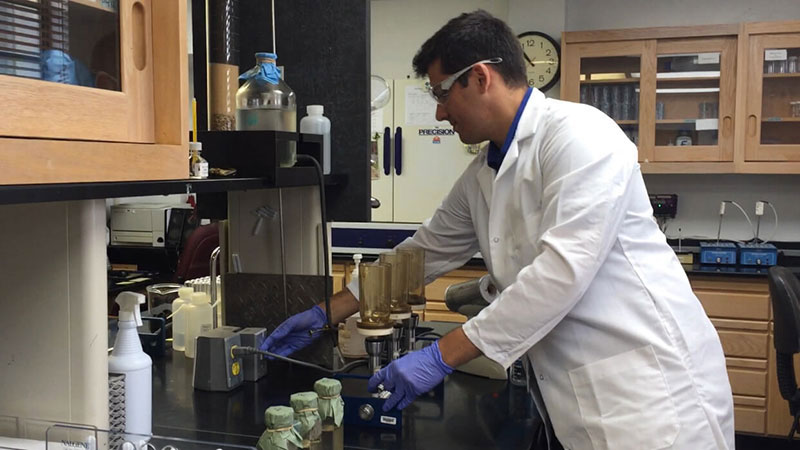
Miami-Dade Water and Sewer Department statement regarding PFAS
The Miami-Dade Water and Sewer Department (WASD)’s mission is to provide safe and reliable drinking water service to its nearly 2.3 million customers daily. Our accredited labs sample our drinking water more than 150,000 times a year —far exceeding requirements— throughout the water collection, treatment and distribution stages for many elements and compounds as mandated by the Environmental Protection Agency (EPA). Not only do we sample, but we comply with the 108 EPA National Primary Drinking Water Regulations.
All drinking water provided from our plants to our customers is well within the current Health Advisory Level for PFAS. The department continues to review practices and new data in the industry and is undertaking preliminary engineering analyses to support additional treatment systems that may be needed should the EPA formulate formal PFAS drinking water standards.
The department has been proactive in evaluating water supply conditions relative to PFAS and is collaborating with other concerned County, State, and Federal agencies with respect to identifying and managing sources of PFAS in ground water and the risks that result. To date, 6 water supply wells out of 89 wells sampled have been found to exceed health advisory levels. Three of those wells were taken out of service while flow modeling is completed to limit PFAS reaching the treatment plants. The department continues to consider possible additional treatment options that could mitigate the elevated readings at the identified wells.
Various stakeholder groups may have their own opinion on the adequacy of drinking water standards, but as a utility, we are obligated to conform to the local, state and federal regulations. It should be noted that the quantity of one part per trillion is equivalent to one drop in the water needed to fill 20 Olympic-sized swimming pools and because the testing sample error is plus/minus 30 percent, there is a concern that reliably reporting a quantity at such a microscopic amount may prove to be difficult.
Should you have any additional questions, please contact Jennifer L. Messemer-Skold, Miami-Dade Water and Sewer Department, at 786-552-8251.



